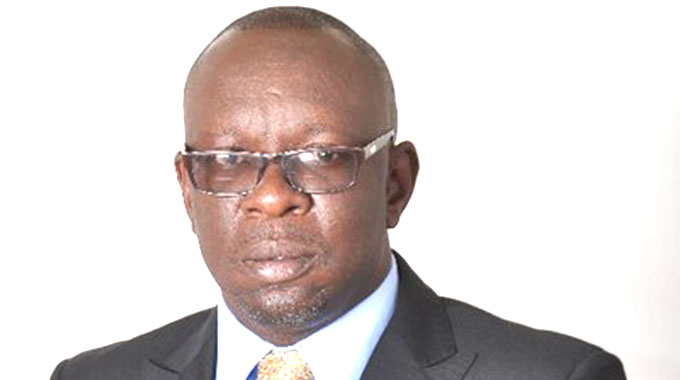GZU takes lead in climate change fight

George Maponga Masvingo Bureau
Great Zimbabwe University (GZU) continues to consolidate its position as one of the leading institutions of higher learning in the country and is planning to establish a centre of excellence in dryland agriculture in Chivi district together with a renowned international institution.
The planned Centre of Excellence in Dryland Agriculture (CEDA), will be jointly done by the university and its partner, the Centre for Science and Technology of the Non-Aligned and Other Developing Countries (NAM S&T Centre), based in New Delhi, India.
The Ministry of Higher and Tertiary Education, Innovation, Science and Technology Development is also involved.
An inaugural virtual conference that would be a precursor to the launch of CEDA will be held from July 21 to 23, with various eminent speakers in the field of agriculture and other areas scheduled to make presentations.
Among the speakers is Higher and Tertiary Education Minister Professor Amon Murwira and GZU Vice Chancellor Professor Rungano Zvobgo.
The launch of CEDA comes as the Second Republic has been pushing universities to be on the frontline of research to find solutions to the country’s nagging challenges, as Zimbabwe angles for upper middle income economy status.
CEDA is poised to be the nerve-centre of national research to ease the effects of climate change on the country.
GZU Director of Information Mr Anderson Chipatiso yesterday said the centre will be the first of its kind in Zimbabwe.
“The centre will focus on how Zimbabwe and even the region can come up with crop varieties and species that thrive in the current environment of perennial droughts and we are happy that as GZU we will be able to lead practical work that seeks to have a positive impact in communities where we operate in,” said Mr Chipatiso.
He said the university was constantly coming up with new interventions that seek to cement its relevance in the community by being a hotspot of solutions to challenges affecting them.
The dryland agriculture virtual conference will reinforce the drive to set up CEDA by GZU.
The CEDA initiative comes as the Southern African region is battling humanitarian catastrophe caused by changing climate that has spawned food insecurity.
In Zimbabwe and other regional countries, most households depend on dryland agriculture to produce food for subsistence, but the negative impact of climate change has severely impinged on that.
CEDA will spearhead development of new interventions to mitigate the effects of climate change and help communities adapt to it.
The two-day conference seeks to strengthen the global network of researchers, scientists and policy makers from developing countries that are trying to address climate change adaptations in dryland agriculture, among other initiatives.
Chivi is one of the districts which receives low rainfall in Masvingo and its selection to house CEDA will be a game changer in the quest to ensure food security in the district and beyond.










Comments